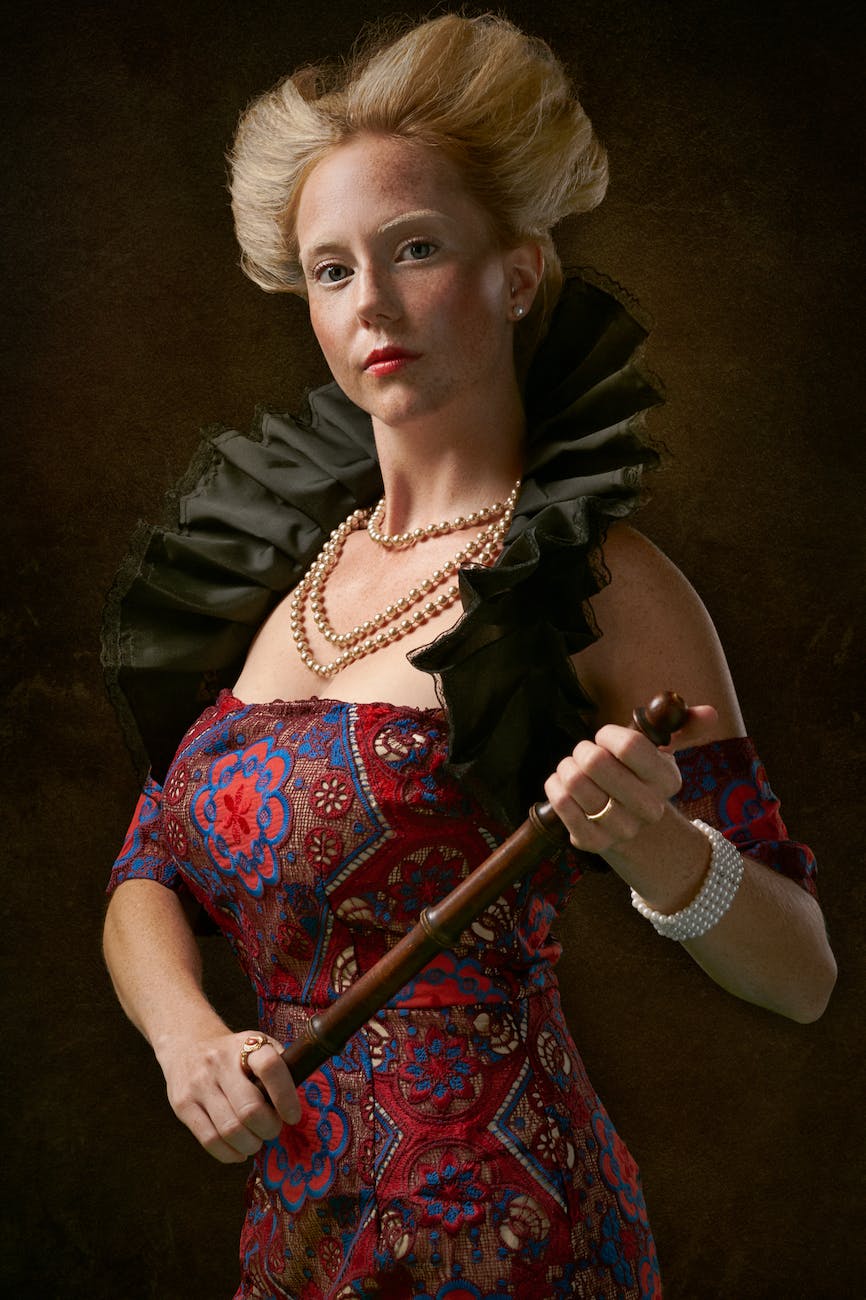The study of the women in the book of Esther has revealed different lessons to learn. We have seen characters to avoid and characters to desire. We have seen the different ways favour and disfavour can lead to either elevation or demotion. When Vashti’s disobedience led to disfavour, she was deposed as queen of Persia. When Esther found favour, she was promoted as the queen of Persia. We also see that when King Xerxes favoured Haman, he honoured Haman through elevation and gave Haman a seat of honour higher than that of all the other nobles (Esther 3:1). Haman nurtured a grudge with Mordecai, the cousin of Queen Esther and ultimately decided that killing Mordecai wasn’t enough but he would wipe out the whole Jewish community to satisfy his wrath. As Mordecai, Esther and the entire Jewish people fasted for God’s intervention, Haman and his house rooted for the death of the Jews. Haman’s wife, Zaresh is the main focus of this post. Just as her husband, she seemed to be heartless and lacked compassion.
His wife Zeresh and all his friends said to him, “Have a pole set up, reaching to a height of fifty cubits, and ask the king in the morning to have Mordecai impaled on it. Then go with the king to the banquet and enjoy yourself.” This suggestion delighted Haman, and he had the pole set up. (Esther 5:14)
Even after Esther had invited the King and Haman to the banquet, Haman still nurtured hatred for Mordecai. Although Haman was happy to have been invited by the queen, when he saw Mordecai at the king’s gate and realized that Mordecai would not bow down to him, Haman was filled with rage (Esther 5:9). When he got home, Haman boasted of his accomplishments to his wife and friends and he said, “But all this gives me no satisfaction as long as I see that Jew Mordecai sitting at the king’s gate” (Esther 5:13). When he said this, his wife Zeresh and all his friends said to him, “Have a pole set up, reaching to a height of fifty cubits, and ask the king in the morning to have Mordecai impaled on it. Then go with the king to the banquet and enjoy yourself” (Esther 5:14a). The question I ask is this, “How would Mordecai enjoy himself right after killing someone?” Certainly Zaresh and the friends of Haman are brute and vile. Unfortunately this wicked suggestion delighted Haman, and he had the pole set up (Esther 5:14b). Zaresh saw that the death of another man would please her husband. She desired to see Mordecai killed rather than seeing her husband sad. One of the innate traits of femininity is compassion but Zaresh had none. She didn’t even advise her husband to ask Mordecai why he refused to bow before Haman. Zaresh wanted the fame, the pomp and the positional advantage of being the wife of the king’s right hand man.
The pole was made at Haman’s request. Haman couldn’t sleep that night in anticipation of morning to ask permission from the king to hang Mordecai on the pole. The king couldn’t sleep either because something had to be done urgently. The king requested the chronicles to be read and made note of Mordecai’s heroic act of exposing two evil men. The king asked, “What honour and recognition has Mordecai received for this?” and his attendants replied, “Nothing has been done for him” (Esther 6:3). Zaresh proposed a pole to kill Mordecai (dishonour) and the king looked forward to giving Mordecai honour and recognition. Haman went to the palace early in the morning to facilitate his plans of killing Mordecai. He arrived at the same time the king was searching for the best way to honour Mordecai. The king asked his attendants, “Who is in the court?” Haman had just entered the outer court of the palace to speak to the king about impaling Mordecai on the pole he had set up for him (Esther 6:4). The attendants answered, “Haman is standing in the court” and the king ordered, “Bring him in” (Esther 6:5). The king asked Haman, “What should be done for the man the king delights to honour?” Haman thought to himself, “Who is there that the king would rather honour than me?” (Esther 6:6).
Haman, thinking that this honour was meant for him replied, “For the man the king delights to honour, have them bring a royal robe the king has worn and a horse the king has ridden, one with a royal crest placed on its head. Then let the robe and horse be entrusted to one of the king’s most noble princes. Let them robe the man the king delights to honour, and lead him on the horse through the city streets, proclaiming before him, ‘This is what is done for the man the king delights to honour!’ ” (Esther 6:7-9). The king commanded Haman, “Go at once. Get the robe and the horse and do just as you have suggested for Mordecai the Jew, who sits at the king’s gate. Do not neglect anything you have recommended” (Esther 6:10). Imagine the shame and the hurt. Haman foolishly listened to his wife to kill Mordecai, now here he was preparing to parade Mordecai through the city to honour him. The king’s command had to be carried to the later, so Haman got the robe and the horse. He robed Mordecai, and led him on horseback through the city streets, proclaiming before him, “This is what is done for the man the king delights to honor!” (Esther 6:11). Imagine the anger and the disdain in Haman. His plan failed woefully. Instead of dishonour, he rather honoured Mordecai.
Haman couldn’t hide his grief. He told Zeresh his wife and all his friends everything that had happened to him. His advisers and his wife Zeresh said to him, “Since Mordecai, before whom your downfall has started, is of Jewish origin, you cannot stand against him—you will surely come to ruin!” (Esther 6:13). The same people who advised Haman to get rid of Mordecai were the same people who prophesied his ruin. Zaresh wanted honour for her husband and dishonour for Mordecai. But she got the opposite. The story is not over. We learn that “the plans of the righteous are just, but the advice of the wicked is deceitful” (Proverbs 12:5). We also learn that one should not be quick to condemn others by digging a pit for them. Remember that “whoever digs a pit will fall into it; if someone rolls a stone, it will roll back on them” (Proverbs 26:27).
Before Haman could get over his grief, the king’s eunuchs arrived and hurried Haman away to the banquet Esther had prepared (Esther 6:14).
Zaresh: The wife of Haman
Zaresh wanted honour for her husband and dishonour for Mordecai. But she got the opposite. The plans of the righteous are just, but the advice of the wicked is deceitful. Whoever digs a pit will fall into it; if someone rolls a stone, it will roll back on them.










